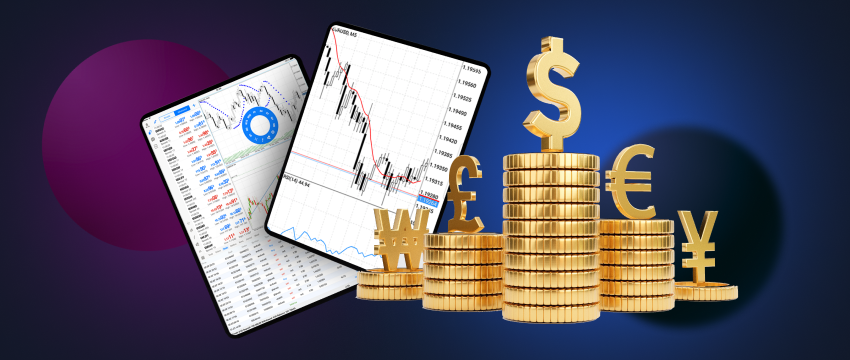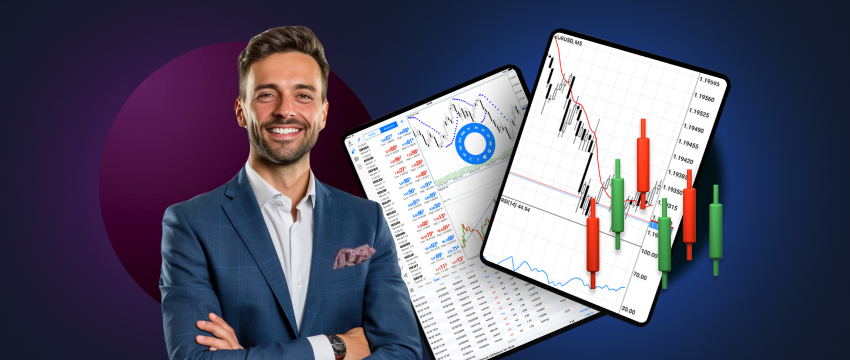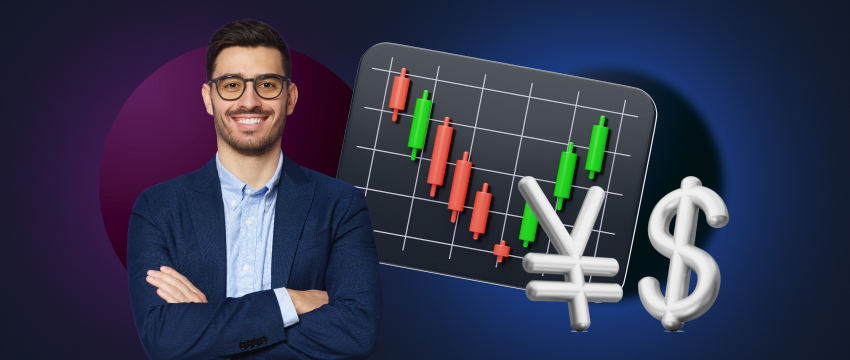Let’s jump into what CFDs are, what a courtier en CFD is, and how to go about choosing one that bests suit your trading needs.
Qu’est-ce-que les CFD ?
Contracts for Differences (CFDs) are a type of derivative instrument that allows traders to speculate on the price movements of underlying assets without owning the assets themselves. In a CFD, parties to the contract (i.e., buyer and seller) agree to exchange the difference in the price of an underlying asset from the time the contract is opened to the time it is closed.
For example, if a trader thinks that the price of a stock will rise, they can buy a CFD for that stock. If the price of the stock does indeed rise, the trader will earn a profit on the difference between the purchase price and the selling price of the CFD. On the contrary, if the price of the stock falls, the trader will suffer a loss.
CFDs can be used to speculate on a wide range of underlying assets, including actions, indices, matières premières, and currencies. They offer several advantages over traditional forms of trading, such as leverage, the ability to go short, and the ability to trade in different markets. However, CFDs are also considered to be high-risk investments and traders should be aware of the potential for significant losses.

What is a CFD Broker?
A CFD broker is a financial institution or company that allows traders to speculate on the price movements of financial assets without owning the underlying asset.
CFD brokers provide traders with an online trading platform that enables them to buy or sell CFDs based on the price movements of the underlying asset. CFD brokers typically provide traders with a range of trading tools and resources. This includes access to real-time prices, charts, technical analysis tools, news and market analysis, and educational materials (articles, blogs, e-books, webinars, seminars, videos-on-demand, etc).
CFD brokers earn their revenue through the spread, which is the difference between the bid and ask price of the CFD. Some brokers may also charge commissions or fees for certain services or features.
It’s important to note that CFD trading involves significant risks, and traders should be aware of these risks before engaging in CFD trading.
Reasons traders choose to trade CFDs
Traders choose CFDs for many different reasons:
- Utilisez des outils: CFDs allow traders to trade on margin, which means they can open larger trades with a smaller sum of capital. This can magnify potential profits but also increase exposure to losses.
- Access to different markets: CFDs allow traders to access markets that may be otherwise challenging or expensive to access, such as commodities, metals, stocks, cryptocurrencies, etc.
- Flexibilité: CFDs allow traders to go long or short on a particular asset. This provides an opportunity to potentially maximise profit in fluctuating markets.
- Low barriers to entry: CFDs are often available with low minimum deposit requirements. This makes them more accessible to a wider range of traders.
- No ownership of underlying assets: CFD traders do not own the underlying assets they are trading. This reduces costs such as storage and insurance fees.
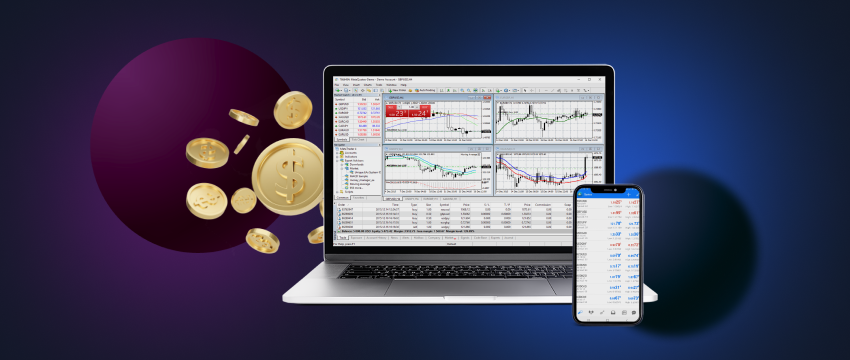
Choisir un courtier en CFD
Choosing a CFD broker can be a daunting task, but here are some key factors to consider when making your decision:
Plate-forme de négociation
Seek a CFD broker that offers a user-friendly, technology-driven trading platform that’s easy to navigate and allows you to trade the instruments you are interested in. Consider looking for a broker that offers a demo account, so you can test out their platform before committing to a live account.
Spreads and other fees
Different CFD brokers charge different fees and spread for trading CFDs. Compare these to make an informed choice and avoid incurring any unanticipated costs.
Customer Support
A world-class CFD broker should offer reliable customer support that is available to assist you with any issues or questions you may have. Consider looking for a multilingual broker that can provide 24/5 customer support in your language of choice. Ensure the broker is accessible via multiple channels like telephone, email, live chat, etc.
Resources and insights
Find a CFD broker that offers informative insights into the forex space. For instance, global broker T4Trade offers extensive resources, tips, tools and market analysis to all types of brokers, regardless of expertise, through its T4Trade Academy. This includes interesting webinars, podcasts, videos-on-demand and e-books to increase your knowledge. The broker’s team of expert researchers share their critical know-how and provide answers to popular trading questions, to help you improve your trading skills.
Reviews and reputation, client testimonials
Gather as much feedback as possible on the broker’s reputation by reading online reviews from other traders. This can help you get an idea of the broker’s strengths and weaknesses. Read client testimonials to get a feel for the customer journey before taking a decision.
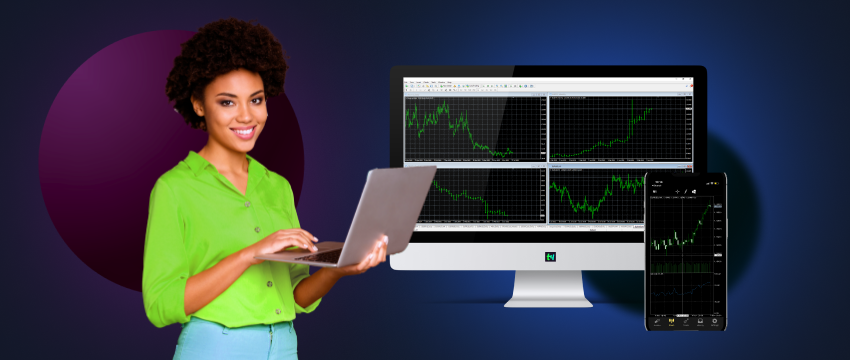
A range of asset classes
Make sure the broker you select offers the CFDs you want to trade, in alignment with your trading objectives. This includes forex, commodities, stocks, metals, etc. With T4Trade, you can trade more than 300 instruments across 6 asset classes and trade CFDs with top-tier trading conditions.
Regulated
Pick a broker that’s regulated by a reputable financial authority to help ensure the safety of your funds and protect you from fraud or unethical practices.
In summary, take your time to research and compare different CFD brokers before making a decision. This can help you find a broker that meets your trading needs and offers a safe and reliable trading environment.
Why choose T4Trade as your CFD broker?
There are many reasons to pick a broker like T4Trade. Rapidly gaining popularity among traders worldwide demonstrates its global appeal. T4Trade traders enjoy flexible leverage, spreads starting from as low as 0.0 pips, quick execution, fast withdrawals and exceptional support 24/5. Traders can also explore 300+ financial instruments across 6 asset classes (forex, métaux, contrats à terme, actions, indices et matières premières).
CLAUSE DE NON-RESPONSABILITÉ : Ces informations ne doivent pas être considérées comme un conseil ou une recommandation d'investissement, mais uniquement comme une communication marketing
